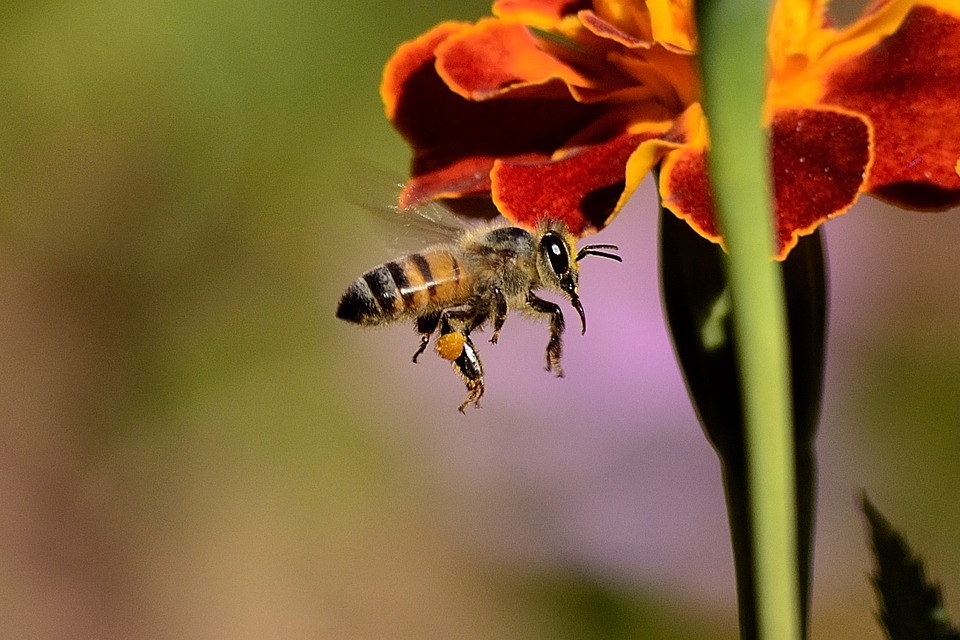An antimicrobial compound made by honeybees could become the basis for new antibiotics, according to new research at the University of Illinois at Chicago.
No new antibiotics have been discovered for more than 30 years, and some bacteria are becoming immune to the drugs used to treat or prevent infections. Antibiotic resistance, called one of the world's most pressing public health concerns by the Centers for Disease Control and Prevention, can mean illnesses that were once easily treatable are now potentially deadly.
Each year in the U.S., at least two million people become infected with bacteria that are resistant to antibiotics, and at least 23,000 people die each year as a direct result of these infections, according to the CDC. Many more people die from other conditions that were complicated by an antibiotic-resistant infection.
In a new study published in the journal Nature Structural & Molecular Biology
Many antibiotics kill bacteria by targeting the ribosome, which makes all the proteins in the cell. Protein production can be halted by interfering with different stages of translation the process by which DNA is "translated" into protein molecules. Api137 is a natural product produced by bees, wasps or hornets. In nature, many organisms defend themselves from infection by making antibacterial peptides, or small proteins. The peptides can be used as antibiotics if "we understand how they work”- according to researcher.
